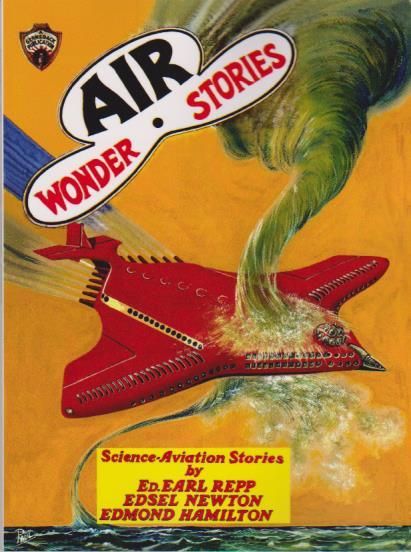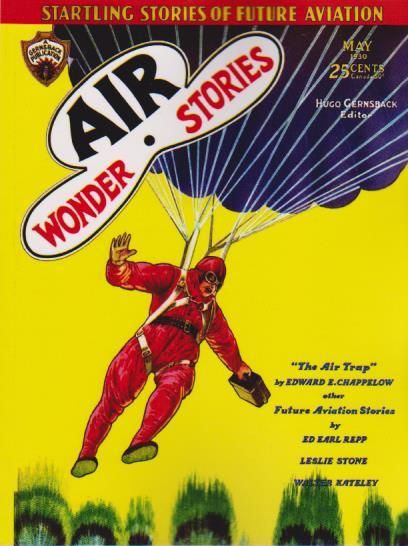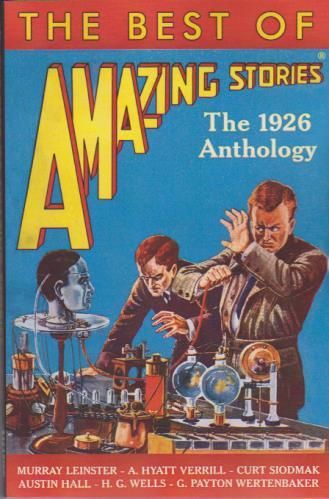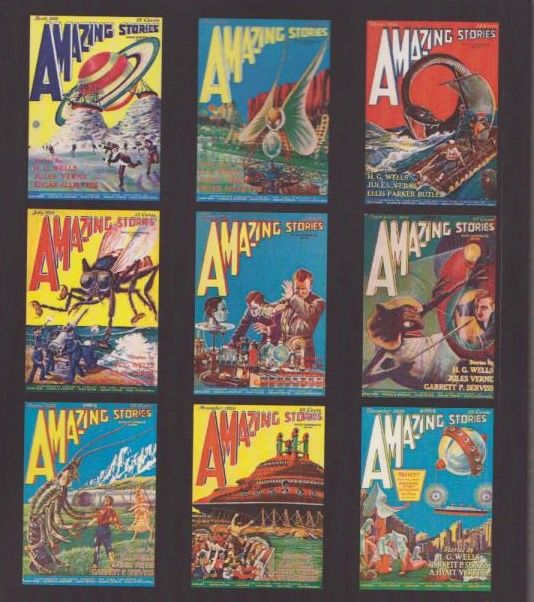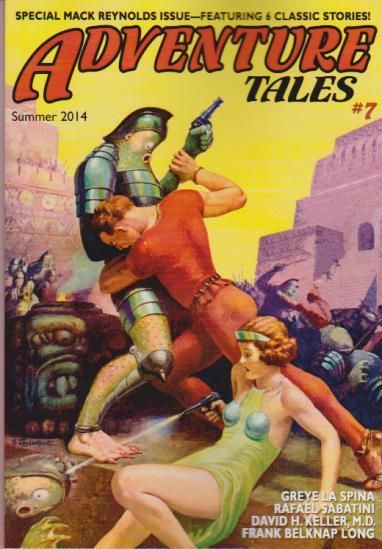And after recent posts about the great Stefan Zweig I got....
The World of Yesterday (Memoirs of a European) - Stefan Zweig.
Blurb: TheWorld of Yesterday, Zweig's memoir, was completed shortly before his suicide. It charts the history of Europe from nineteenth-century splendour, decadence and complacency, through the devastation of the First World War, to the resultant brutality and depravity of the Nazi regime. The World of Yesterday is a heartfelt tribute to an age of humanity and enlightenment that Zweig feared was lost for ever. An incomparable record of a lost era, this is also essential reading for those who have already fallen in love with Zweig's fiction.
And...
Classical Literature - Richard Jenkyns *Pelican (Penguin) books. A handy companion summary to classical Greek and Roman literature.
Blurb: What makes Greek and Roman literature great? How has classical literature influenced Western culture? What did Greek and Roman authors learn from each other? Richard Jenkyns is emeritus Professor of the Classical Tradition and the Public Orator at the University of Oxford.
The World of Yesterday (Memoirs of a European) - Stefan Zweig.
Blurb: TheWorld of Yesterday, Zweig's memoir, was completed shortly before his suicide. It charts the history of Europe from nineteenth-century splendour, decadence and complacency, through the devastation of the First World War, to the resultant brutality and depravity of the Nazi regime. The World of Yesterday is a heartfelt tribute to an age of humanity and enlightenment that Zweig feared was lost for ever. An incomparable record of a lost era, this is also essential reading for those who have already fallen in love with Zweig's fiction.
And...
Classical Literature - Richard Jenkyns *Pelican (Penguin) books. A handy companion summary to classical Greek and Roman literature.
Blurb: What makes Greek and Roman literature great? How has classical literature influenced Western culture? What did Greek and Roman authors learn from each other? Richard Jenkyns is emeritus Professor of the Classical Tradition and the Public Orator at the University of Oxford.




